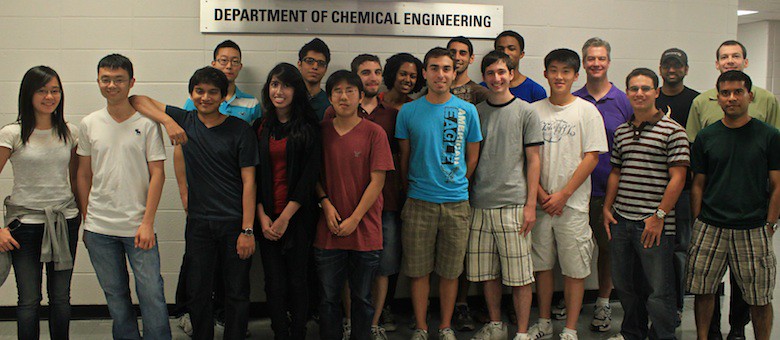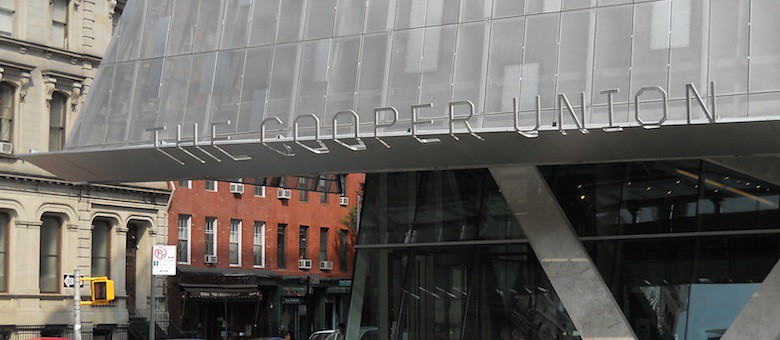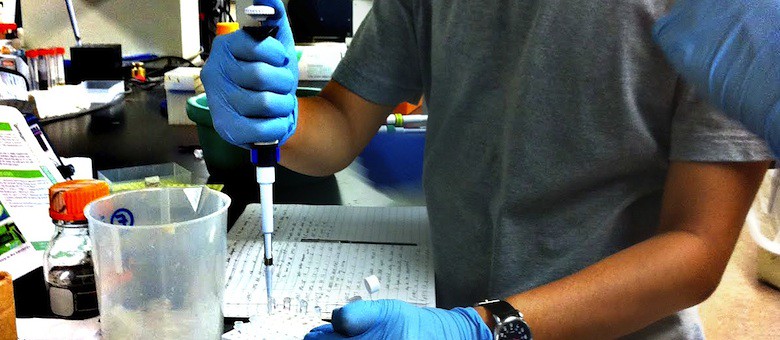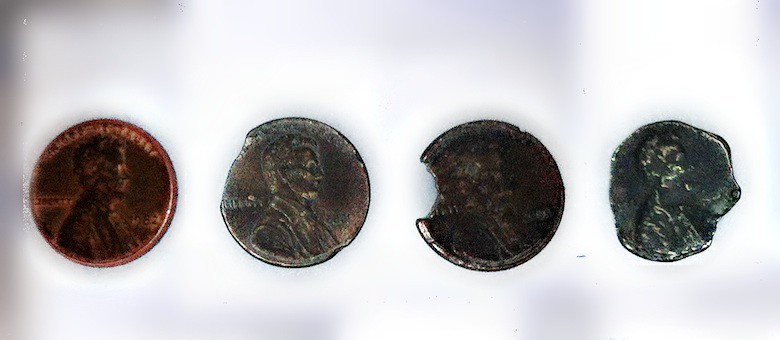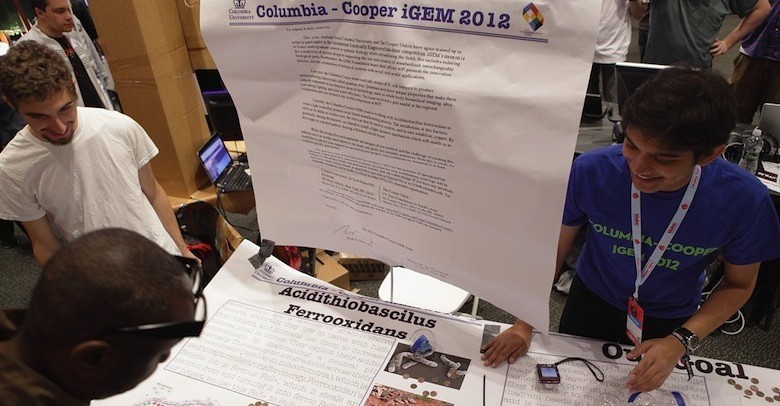Team:Columbia-Cooper-NYC/Main
From 2012.igem.org
DavidOrbach (Talk | contribs) m |
|||
| (4 intermediate revisions not shown) | |||
| Line 393: | Line 393: | ||
<div id="m7" onmouseover="mcancelclosetime()" onmouseout="mclosetime()"> | <div id="m7" onmouseover="mcancelclosetime()" onmouseout="mclosetime()"> | ||
<a href="https://2012.igem.org/Team:Columbia-Cooper-NYC/Safety">Safety</a> | <a href="https://2012.igem.org/Team:Columbia-Cooper-NYC/Safety">Safety</a> | ||
| - | |||
</div> | </div> | ||
</li> | </li> | ||
| Line 515: | Line 514: | ||
<div class="lof-main-item-desc"> | <div class="lof-main-item-desc"> | ||
<h2> | <h2> | ||
| - | The | + | The Effect of A. ferrooxidans</h2> |
</div> | </div> | ||
</li> | </li> | ||
| Line 645: | Line 644: | ||
background: -moz-linear-gradient(top, #f2f2f2, #f8f8f8); color:#333333; height:150px;"> | background: -moz-linear-gradient(top, #f2f2f2, #f8f8f8); color:#333333; height:150px;"> | ||
<p style="line-height:140%; padding-left:10px; padding-top:10px; padding-right:10px;text-align:justify; font-size:90%;"> | <p style="line-height:140%; padding-left:10px; padding-top:10px; padding-right:10px;text-align:justify; font-size:90%;"> | ||
| - | The Columbia-Cooper iGEM team is working with Acidithiobacillus ferrooxidans to create a light-controlled printed circuit board manufacturing process. This bacteria’s metabolism relies on its ability to oxidize iron; the iron can then be used to oxidize, and in turn solubilize, copper. By genetically altering the bacteria, we will install a light sensitive mechanism which will enable controlled copper etching, leaving a finished circuit board. Once a blank printed circuit board is placed in a thin layer of solid media, the bacteria will be applied onto the surface of the media and light of the appropriate wavelength will be focused on it in a desired pattern. The light sensitive mechanism in A. ferrooxidans will activate a self- | + | The Columbia-Cooper iGEM team is working with Acidithiobacillus ferrooxidans to create a light-controlled printed circuit board manufacturing process. This bacteria’s metabolism relies on its ability to oxidize iron; the iron can then be used to oxidize, and in turn solubilize, copper. By genetically altering the bacteria, we will install a light sensitive mechanism which will enable controlled copper etching, leaving a finished circuit board. Once a blank printed circuit board is placed in a thin layer of solid media, the bacteria will be applied onto the surface of the media and light of the appropriate wavelength will be focused on it in a desired pattern. The light sensitive mechanism in A. ferrooxidans will activate a self-destruct mechanism preventing copper etching in these locations. In the end, the circuit board will be "etched" by the bacteria everywhere that is not illuminated, leaving a desired pattern on the circuit board under the cells in the path of the light. Click <a style="color:#6bbe00 !important" href="https://2012.igem.org/Team:Columbia-Cooper-NYC/Overview">here</a> for details. </p> |
</div> | </div> | ||
</div> | </div> | ||
| Line 676: | Line 675: | ||
<div id="ccontent" style="background:-webkit-gradient(linear, left top, left bottom, from(#f2f2f2), to(#f8f8f8)); | <div id="ccontent" style="background:-webkit-gradient(linear, left top, left bottom, from(#f2f2f2), to(#f8f8f8)); | ||
background: -moz-linear-gradient(top, #f2f2f2, #f8f8f8); color:#333333; height:350px;"> | background: -moz-linear-gradient(top, #f2f2f2, #f8f8f8); color:#333333; height:350px;"> | ||
| - | <p style="line-height:140%; padding-left:10px; padding-top:10px; padding-right:10px;text-align:justify; font-size:77%;"> Our project is to revamp a chemical and mechanical manufacturing process, so in addition to working with DNA, we also worked on macro-scale batches of copper foil, | + | <p style="line-height:140%; padding-left:10px; padding-top:10px; padding-right:10px;text-align:justify; font-size:77%;"> Our project is to revamp a chemical and mechanical manufacturing process, so in addition to working with DNA, we also worked on macro-scale batches of copper foil, the bacteria A. ferrooxidans. Using our liquid media, we were able to grow ferrooxidans and simultaneously etch copper foil much faster than the basal rate (i.e. copper in the liquid media without ferrooxidans). Since our PCB manufacturing process requires the ferrooxidans to "stay put", we have been developing a solid agar-based media, on which the ferrooxidans grow, and below which the copper is etched, again faster than the basal rate. Click <a style="color:#6bbe00 !important" href="https://2012.igem.org/Team:Columbia-Cooper-NYC/Columbia_notebook_1">here</a> for details</a>. |
</a> | </a> | ||
</div> | </div> | ||
| Line 698: | Line 697: | ||
<div id="ccontent" style="background:-webkit-gradient(linear, left top, left bottom, from(#f2f2f2), to(#f8f8f8)); | <div id="ccontent" style="background:-webkit-gradient(linear, left top, left bottom, from(#f2f2f2), to(#f8f8f8)); | ||
background: -moz-linear-gradient(top, #f2f2f2, #f8f8f8); color:#333333; height:250px;"> | background: -moz-linear-gradient(top, #f2f2f2, #f8f8f8); color:#333333; height:250px;"> | ||
| - | <p style="line-height:140%; padding-left:10px; padding-top:10px; padding-right:10px;text-align:justify; font-size:90%;"> Our team organized a booth at the 2012 Maker Faire in New York City to share the work we've been doing with the public. We also made 3 interactive games to teach children about recombinant DNA and the various forms of bacterial transformation. Click <a style="color:#6bbe00 !important" href="https://2012.igem.org/Team:Columbia-Cooper-NYC/Outreach">here</a> for | + | <p style="line-height:140%; padding-left:10px; padding-top:10px; padding-right:10px;text-align:justify; font-size:90%;"> Our team organized a booth at the 2012 Maker Faire in New York City to share the work we've been doing with the public. We also made 3 interactive games to teach children about recombinant DNA and the various forms of bacterial transformation. Click <a style="color:#6bbe00 !important" href="https://2012.igem.org/Team:Columbia-Cooper-NYC/Outreach">here</a> for more info.</a> |
<script> | <script> | ||
Latest revision as of 21:13, 22 October 2012
Team:Cambridge
From 2010.igem.org

The Columbia-Cooper iGEM team is working with Acidithiobacillus ferrooxidans to create a light-controlled printed circuit board manufacturing process. This bacteria’s metabolism relies on its ability to oxidize iron; the iron can then be used to oxidize, and in turn solubilize, copper. By genetically altering the bacteria, we will install a light sensitive mechanism which will enable controlled copper etching, leaving a finished circuit board. Once a blank printed circuit board is placed in a thin layer of solid media, the bacteria will be applied onto the surface of the media and light of the appropriate wavelength will be focused on it in a desired pattern. The light sensitive mechanism in A. ferrooxidans will activate a self-destruct mechanism preventing copper etching in these locations. In the end, the circuit board will be "etched" by the bacteria everywhere that is not illuminated, leaving a desired pattern on the circuit board under the cells in the path of the light. Click here for details.
The International Genetically Engineered Machine competition (iGEM) is the premiere undergraduate Synthetic Biology competition. Student teams are given a kit of biological parts from the Registry of Standard Biological Parts. Working at their own schools over the summer, they use these and new parts of their own design to build biological systems and operate them in living cells. This project design and competition format is an exceptionally motivating and effective teaching method.
Our Genetics Team was responsible for designing and implementing a series of genes which would allow us to exert light based spatial control of apoptosis in E.coli, and eventually transition into A. ferrooxidans. This design includes the expression of a light sensor, which, when exposed to specific wavelengths of light, triggers transcription of a lysis cassette. A few of the parts which we experimented with are BBa_K952000, BBa_K592016, and BBa_K124017.
Our project is to revamp a chemical and mechanical manufacturing process, so in addition to working with DNA, we also worked on macro-scale batches of copper foil, the bacteria A. ferrooxidans. Using our liquid media, we were able to grow ferrooxidans and simultaneously etch copper foil much faster than the basal rate (i.e. copper in the liquid media without ferrooxidans). Since our PCB manufacturing process requires the ferrooxidans to "stay put", we have been developing a solid agar-based media, on which the ferrooxidans grow, and below which the copper is etched, again faster than the basal rate. Click here for details.
Our team submitted multiple composite parts, which were built from preexisting Biobricks and used in our project. We also submitted a novel red light sensing protein domain, FphA753s, which was constructed to conform to the RFC25 – Freiburg fusion standard, and is intended for future use to allow light based control of transcription. Click here for a full list of our submitted parts.
Our team organized a booth at the 2012 Maker Faire in New York City to share the work we've been doing with the public. We also made 3 interactive games to teach children about recombinant DNA and the various forms of bacterial transformation. Click here for more info.

 "
"
